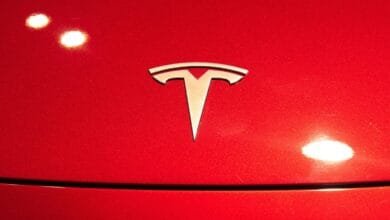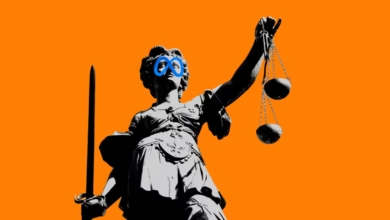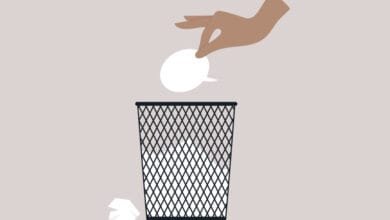Lawyer Who Defeated Tesla Prepares for Next Legal Battle

▼ Summary
– Attorney Brett Schreiber won a $243 million verdict against Tesla for a 2019 crash, holding Tesla 33% responsible for the wrongful death of Naibel Benavides and injuries to Dillon Angulo.
– Tesla typically settles fatality cases involving its driver-assist technology but lost this trial due to evidence of misleading claims about Autopilot capabilities.
– Schreiber used Elon Musk’s public statements about Tesla’s self-driving technology to show discrepancies between marketing and courtroom defenses.
– Tesla’s Autopilot system lacked safety features like driver monitoring and geofencing, unlike competitors, contributing to the crash.
– The verdict could influence pending lawsuits, with Schreiber preparing another case in California, citing internal Tesla testimony contradicting Musk’s claims.
Brett Schreiber, the attorney who secured a groundbreaking $243 million verdict against Tesla, isn’t slowing down. Fresh off his courtroom victory, he’s gearing up for another high-stakes legal battle against the electric vehicle giant.
Days after winning the wrongful death case, Schreiber shared an Instagram reel soundtracked by the Geto Boys’ 1992 hit Damn It Feels Good To Be a Gangsta. The caption read: “This verdict will change the world.” While some might dismiss it as bravado, Schreiber had every reason to celebrate.
The Florida jury found Tesla 33% responsible for a 2019 crash that killed 22-year-old Naibel Benavides and severely injured her boyfriend, Dillon Angulo. Though the driver of the Tesla Model S, George McGee, bore most of the blame, the jury ordered Tesla to pay up to $243 million in damages, a staggering sum that could still be reduced on appeal.
What made this case different? Tesla has a history of settling fatality lawsuits involving its driver-assist technology, avoiding jury trials whenever possible. When cases do go to trial, the company usually wins. Schreiber’s victory broke that streak.
In an exclusive interview, Schreiber revealed how he used Elon Musk’s own statements to dismantle Tesla’s defense. The company’s public claims about “full self-driving” capabilities clashed with its courtroom arguments that Autopilot was merely a driver-assist feature.
“Tesla tells consumers one thing and courts another,” Schreiber said. “They can’t claim to have invented the most advanced self-driving car while arguing in court that it’s just a basic assist system.”
Internal documents, soon to be unsealed, reportedly show Tesla knew about systemic misuse of Autopilot for years. Schreiber emphasized that these revelations only came to light because his clients refused a confidential settlement. “They wanted the truth exposed,” he said.
The role of Musk’s words was pivotal. Schreiber played clips of the CEO boasting about Tesla’s autonomous capabilities, statements that directly contradicted the company’s legal defense. “An ordinary consumer hears Musk say the car can stop for anything, even an alien spaceship, and believes it,” he argued. “Tesla can’t escape the expectations it created.”
Unlike competitors such as GM’s Super Cruise or Ford’s BlueCruise, Tesla’s system lacked critical safeguards like geofencing and effective driver monitoring. Schreiber framed Tesla’s approach as reckless: “They’re a tech company that got into cars, not the other way around. They treated public roads like a beta test.”
Despite Tesla fans arguing that newer Full Self-Driving (FSD) software is safer, Schreiber dismissed the claim. “Removing radar and relying solely on cameras is a step backward,” he said. “Every expert knows lidar, radar, and cameras are essential for true autonomy.”
What’s next? Schreiber is already preparing for Maldonado v. Tesla, set to begin in 75 days. This time, California law allows for even higher punitive damages. “If I’d asked for a billion in Florida, the jury would’ve given it,” he said. “In California, there’s no cap.”
The upcoming case will feature testimony from former Tesla Autopilot executives, further exposing the gap between Musk’s promises and engineering reality. “He betrayed his own team,” Schreiber said. “That’s a powerful message for any jury.”
As Tesla pushes forward with robotaxis, Schreiber hopes the verdict sends a clear message: “Stop treating public roads like a lab. Lives are at stake.” With more lawsuits pending, this legal battle is far from over.
(Source: The Verge)



